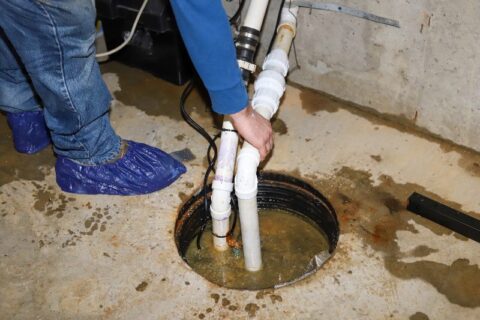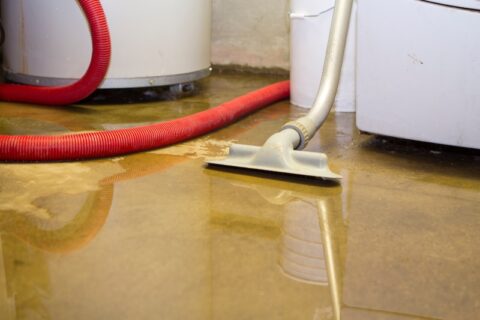Are Flushable Wipes Really Flushable?
The bathroom, often considered your in-home sanctuary, is also a common place for plumbing problems if you’re not careful. One particularly pervasive misconception is that “flushable” wipes are safe to flush. You might assume you can trust the label on your pack of wipes, but the term “flushable” is misleading. Have you ever wondered what happens after you press the handle? Discover the hidden truth behind flushable wipes, and you’ll never flush another one again.
Wipes Don’t Disintegrate Like Toilet Paper
When you flush regular toilet paper, it begins dissolving within minutes, making for a smooth journey down the sewer system. However, flushable wipes, which are reinforced with synthetic materials to increase their strength, don’t share the same fate. Instead, they remain solid in water, raising the risk of a clogged sewer line. Clearing a clog caused by flushable wipes is quite the undertaking, even for a master plumber. And the sewer backups they cause are even less appealing.
The Horrifying Fatberg Effect
Even if flushable wipes manage to get past your home sewer system, they contribute to what wastewater treatment operators call “fatbergs.” These solid wastes cost cities millions of dollars in cleanup costs every year.
Flushable wipes comprise about 90% of the average fatberg, combined with cooking oil and grease to create this menacing sewer obstruction. But flushed baby wipes are more than just a plumbing problem. They also pose significant environmental risks, especially when sewers overflow into rivers, potentially harming fish and other wildlife.
How to Protect Your Drains and the Environment
So, are flushable wipes really flushable? Now that you know the answer is a resounding no, you can take several practical steps to protect the environment and your plumbing system:
- Throw flushable wipes in the trash: If you still want to use wipes, that’s fine—simply avoid flushing and toss them in the trash.
- Use toilet spray instead: Replace flushable wipes with toilet spray for a fresh feel without the plumbing worries.
- Opt for all-purpose cleaners: Biodegradable cleaning sprays are a suitable replacement for single-use disinfecting wipes.
- Try compostable or biodegradable wipes: They’re better for the environment but still shouldn’t be flushed.
- Consider bidets or toilet attachments: This sustainable and hygienic solution is all the rage in Europe and growing increasingly popular in the US.
- Educate and spread awareness: Share the word about the hazards of flushing wipes so others know to break the habit.
Plumbing Services from Parley’s PPM Plumbing, Heating & Cooling
If you currently have plumbing issues, whether from flushable wipes or another cause, turn to Parley’s PPM Plumbing, Heating & Cooling. With over 40 years of experience and a reputation for getting it right the first time, we are a family-owned company you can trust. To request plumbing services from us, please reach out at 801-226-3033 if you live in Utah County, or call
801-229-2665 if you’re a Salt Lake County resident. You can also fill out our online contact form, and we’ll get back to you shortly.


